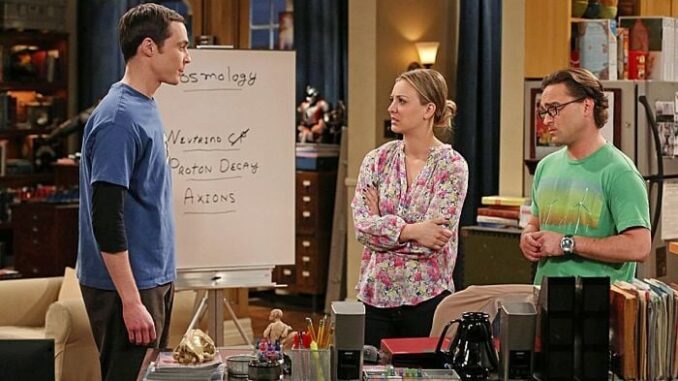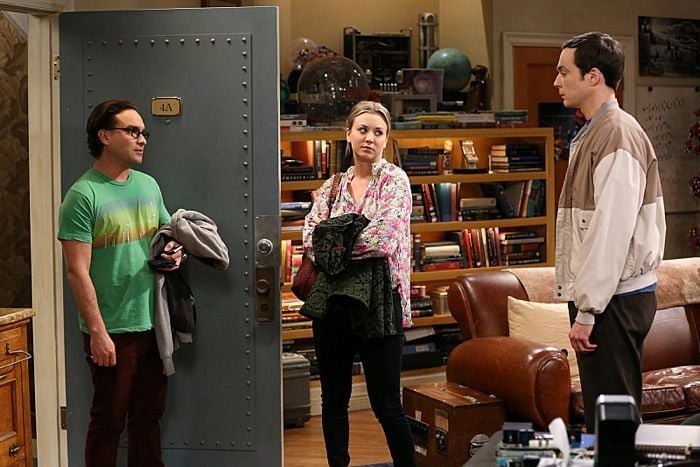
The Big Bang Theory has left an indelible mark on television, continuing to spark discussions years after its final episode. Spanning 12 seasons and racking up multiple awards, it became one of TV’s most beloved shows. However, behind the scenes, the show’s success hinged on the courage of its lead actors—Jim Parsons, Kaley Cuoco, and Johnny Galecki—who decided to take a stand and reshape their future in Hollywood.
The Power of Collective Action
In the late stages of Season 7, the trio made a strategic and daring move: they refused to sign on for another season without a substantial salary increase. At that point, each was earning $325,000 per episode. They understood that their characters—Sheldon, Leonard, and Penny—were central to the show’s success, making it nearly impossible for the series to continue without them. Sources revealed that Warner Bros. had no real contingency plan for such a scenario, making the actors’ decision a game changer.
The stakes were high, but so were the rewards. With The Big Bang Theory often outperforming its original airings through syndicated reruns and dominating CBS’s schedule, the network knew the show was irreplaceable. Faced with potential production delays and the risk of losing key cast members, Warner Bros. had little choice but to negotiate. Chuck Lorre, the co-creator and executive producer, commented that he supported the actors’ quest for fair pay, saying, “I want them all to be crazy wealthy because nobody deserves it more than this cast.”
A Record-Breaking Deal

The outcome was a landmark agreement that set a new standard for TV actors’ salaries. Parsons, Cuoco, and Galecki each secured $1 million per episode, matching the pay of the Friends cast during their peak. Their contracts also included a bigger share of the show’s profits, ranging from 0.25% to 1.25%, along with better overall terms and additional perks.
The Supporting Cast Gets Their Due
The pay raise wasn’t just limited to the leads. Simon Helberg and Kunal Nayyar, who played Howard and Raj, also saw significant benefits. Although they initially earned $100,000 per episode, their salaries were increased to 75% of what the main trio was earning. This recognition was well deserved as both characters had grown from supporting roles to becoming essential parts of the storyline. By Season 10, their per-episode pay was on par with that of the leading actors, and each of them earned over $70 million through the next three seasons.
A Turning Point in TV Negotiations
This bold move by Parsons, Cuoco, and Galecki set a new precedent in TV negotiations, illustrating how actors could band together to ensure fair compensation. Their collective action not only rewarded the main cast but also paved the way for a more equitable distribution within the industry. The outcome was a win-win for all involved, demonstrating that sometimes, stepping out on a limb can lead to a groundbreaking outcome.